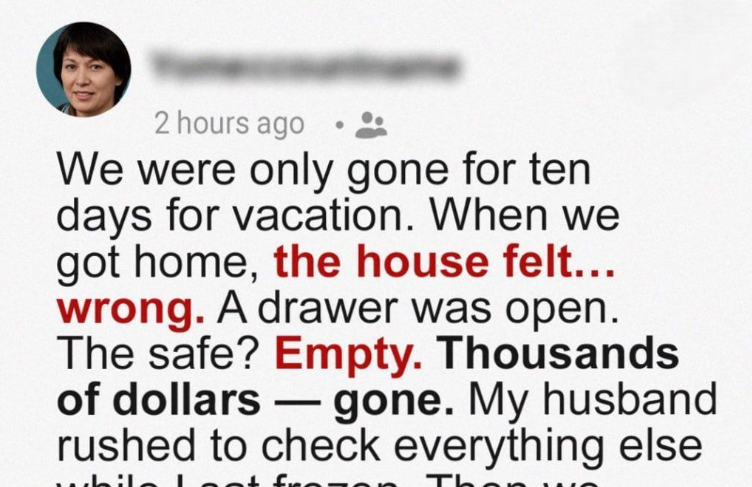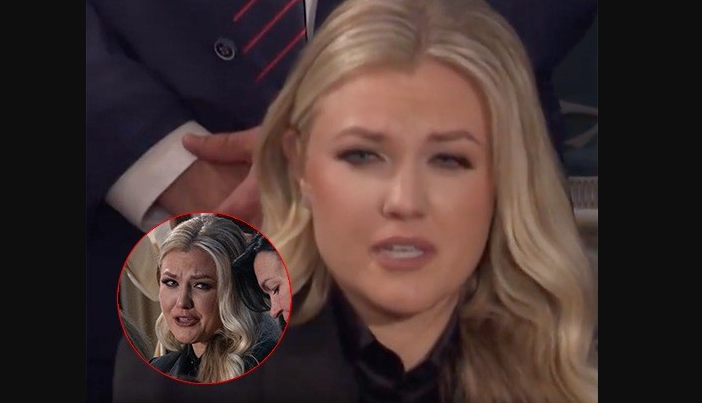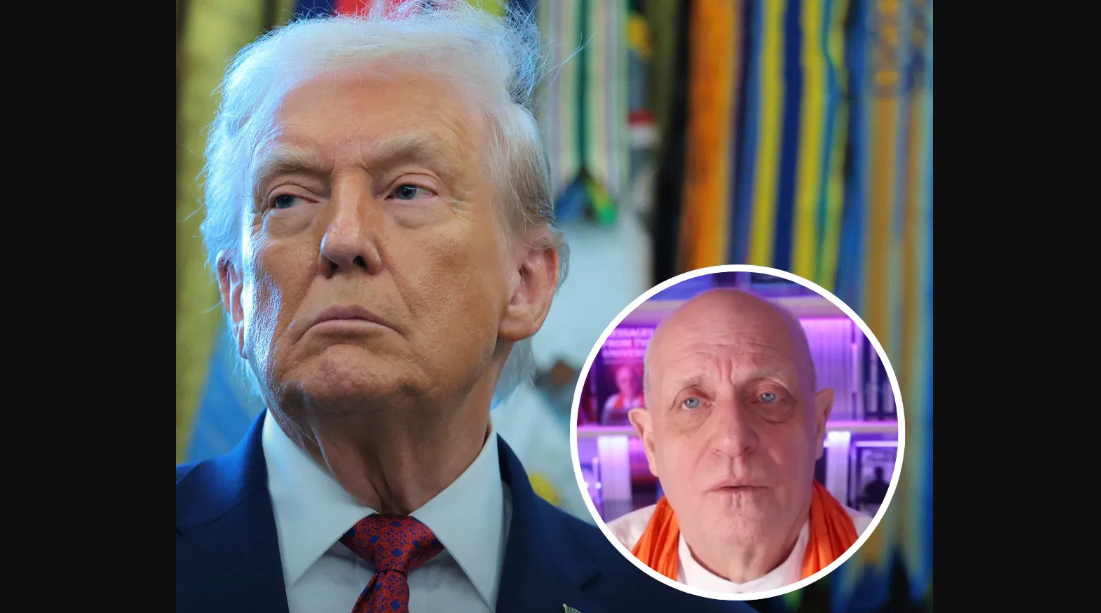When we returned from what had been planned as an idyllic getaway, an uneasy sensation settled over me right away. The atmosphere in the house carried a dense weight, and each space appeared subtly disrupted. A drawer remained ajar, several small ornaments lay dispersed across the floor, and then we noticed the vacant safe — the place where we had carefully kept our diligently accumulated savings over many years.
My husband’s complexion grew ashen as he murmured, “Review the recordings.” We had set up a fresh security arrangement prior to our departure, and in that moment, that modest choice emerged as our sole pathway to understanding.
Positioned together, we navigated the video timeline, pulses racing with every advancing second. Then, during the third evening — 11:47 p.m. — a silhouette entered through the rear entrance beneath a hood. The individual proceeded with purpose, not wandering without direction but heading directly to the safe, as though fully aware of its location and contents.
My breath caught when the lens briefly revealed a portion of the intruder’s features. No speculation was required to identify the person. The awareness struck with greater force than the financial setback.
It was Daniel — our nephew, the young man who had passed numerous weekends in our company, assisting with outdoor tasks, sharing meals at our dining table, sharing laughter as part of the family. The disloyalty did not ignite immediate fury; it shattered us inwardly.
Witnessing a loved one in those images alters a person profoundly. We remained there without words, contemplating what circumstances had led him to commit an act so wounding, so intimate.
Several days afterward, we invited Daniel to speak with us in private. With moisture tracing paths down his cheeks, he admitted — he had fallen deeply into financial obligation and felt overwhelming embarrassment to seek assistance.
We possessed the option to pursue legal action and distance ourselves, yet we extended an opportunity for him to restore balance. The process demands patience, and confidence will require gradual reconstruction, but that encounter revealed a profound lesson: forgiveness does not eliminate the harm, yet it can prevent the suffering from shaping the future.







